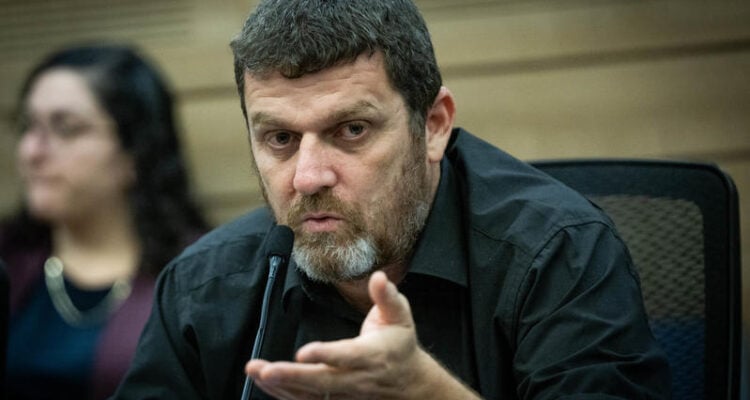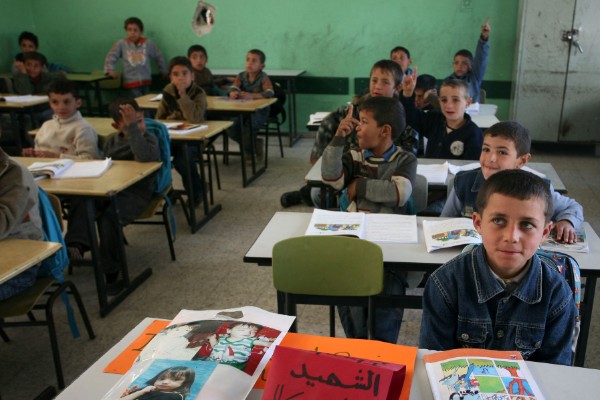ARTICLE AD BOX

MK Amit Halevi (Chaim Goldberg/Flash90)
Chaim Goldberg/Flash90
Israeli high court questions security establishment’s refusal to deport terrorists
The law revokes their citizenship or residency but the agencies have illegally denied the political echelon the information it needs to carry it out, MK Amit Halevi says.
By Batya Jerenberg, World Israel News
The High Court of Justice is hearing a petition Monday to force the state’s security agencies to provide information they are refusing to hand over to the Interior Minister, thereby blocking the lawful deportation of Israeli-Arab terrorists.
Likud MK Amit Halevi filed the urgent brief because 69 terrorists who have been released so far in exchange for Hamas-held hostages hold blue Israeli identity cards, and 41 of them were allowed to return to their homes in places such as eastern Jerusalem.
This right to expel such terrorists is granted to the state under a two-year-old law that allows the revocation of the citizenship or residency of a person who has received compensation for committing an act of terror.
All Palestinian terrorists jailed by Israel are paid a monthly stipend by the Palestinian Authority, on a sliding scale depending on the seriousness of the crimes they committed.
The law, which passed overwhelmingly with 94 votes, said that since these terrorists were paid by the PA, they have thereby declared their affiliation with it and should therefore be moved there upon their release from prison.
Halevi is charging that the implementation of the law is being willfully thwarted by the security authorities, because they are not providing the political echelon with the data on the former prisoners that it needs, first and foremost how much they have been paid over the years.
“It is incomprehensible how the IDF refuses to hand over information during wartime in order to implement the law,” he said.
A report in Maariv Friday stated that such a list of terrorists and the monies they receive is sitting in the offices of the Minister of Defense, the Shabak, and the IDF Intelligence Division, “and yet…from the day the law was enacted until now, two years later, none of these bodies is willing to pass the list on to the Minister of the Interior.”
In fact, the report said, each one of the branches is tossing the responsibility to pass on the list to one of the other bodies.
The Attorney General’s office is representing the state against Halevi in this instance, and has demanded that the petition be rejected on the grounds that the information being requested is “highly sensitive” and “confidential,” and that “the manner and timing of its use are very complex.”
This reasoning was completely unacceptable to Halevi, who responded through his lawyer that the Interior Ministry has every right to information that will enable it to carry out the law and that it is “illegal” for the security authorities “to replace the discretion of the political echelon with their own discretion.”
By its “conscious” decision not to transfer the needed information, the defense establishment has “dissolved [its] subordination…to the rule of law and the supremacy of the legislature,” he added.
Halevi’s lawyer, David Peter, summarized the issue as “whether there is authority not to give the information to the political echelon,” while commenting that “There is not a single legal argument to hide the information.”

 3 hours ago
2
3 hours ago
2









 English (US) ·
English (US) ·